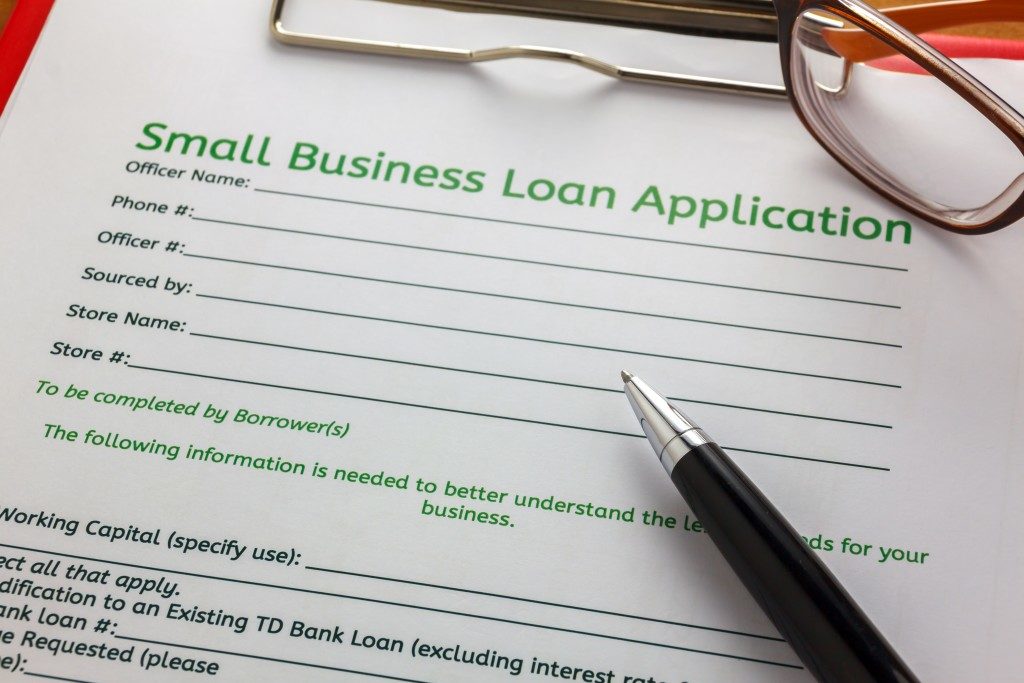Hurricanes are no laughing matter in the State of Florida. Property damages can reach up to billions of dollars, with an average of $10 to 15 billion dollars of damage every year. The risk of this is even bigger during Florida’s hurricane season from June to November every year.
So, even before the local government releases a hurricane warning, residents need to be prepared. Here are some guidelines on what to do before and during a hurricane to protect yourself and minimize the damage resulting in a financial loss for you and your family.
Insure Your Home
The best homeowners insurance recognizes the delicate condition homes within the state are in during hurricane season, so they should have a policy or deductible for hurricane wind damage and hurricanes. You’ll never know when a hurricane will pass your area, so it’s best to be financially secure throughout the year.
Keeping your house insured minimizes the financial impact hurricanes have on your household. With the right coverage, you can receive insurance payouts that can cover the cost of repairs and help you and your household rebuild your life.
Create a Disaster Kit and Disaster Plan
Have a meeting with your household and formulate a plan about what you should do if a hurricane warning is sounded. Some areas may have easily accessible evacuation centers, while other areas may require you to evacuate ahead of time. In case the worst happens and your family gets separated during a hurricane, having a disaster plan ensures that you can find each other.
Also, relief goods may take a while to reach your home during a hurricane. So, whether or not you evacuate, have an emergency bag ready in case local government assistance is slow or you are unable to go outside for essentials. Ideally, your emergency bag should have:
- Bottled water (1 gallon per household member per day good for three days)
- Three days’ worth of canned goods or non-perishable food (if canned goods, get cans that do not require a can opener)
- Flashlight, radio, and extra batteries
- First aid kit
- Small tool kit
- Hand sanitizer/disinfecting wipes
- Cellphone with a charger (buy an old low-end model, since you’ll only need it to make emergency calls and messages)
- Whistle
- Cash
- Insurance policies (keep this in a sealed waterproof bag).
Place these in a durable bag and store it in an area where it can easily be picked up and taken if you need to quickly evacuate the home.
Invest in Hurricane Shutters

If your home isn’t equipped with hurricane shutters, it’s best to install durable hurricane shutters long before hurricane season arrives. These prevent flying debris, wind, hail, and other external factors from damaging your windows and entering your home. Not only will debris cause significant damage indoors, but it can destabilize the pressure in your home and could cause your walls to collapse.
Do Not Immediately Go Outside After a Hurricane
After a hurricane, it might seem calm and safe for you to exit your home and assess the damage done. It’s not advisable to go outside immediately, as this calm may be the eye of the storm passing through your area.
Once that passes, the wind speed will come in the opposite direction and the risk of getting hit by debris will rise once again. As an added precaution, stay indoors and stay tuned to the news to determine if the hurricane has really left your area.
Turn Off Major Appliances During a Power Outage
Avoid inflicting damage on your home’s major appliances by switching them off in case of a power outage. Power outages happen because of voltage surges within the grid. If the power goes out for more than a couple of minutes, unplug all your appliances and turn on your emergency lights.
When the electricity returns, wait a few minutes for the electricity to stabilize before plugging in your appliances. This is because the grid may still be prone to voltage surges, and without surge suppressors, your appliances can be damaged by the fluctuation of electricity.
Even before hurricane season hits in Florida, it’s important to stay secure and have your household ready for any emergency. It’s much better to be over-prepared than under-prepared, and these guidelines can help minimize damage to your property and increase the safety your household has.


